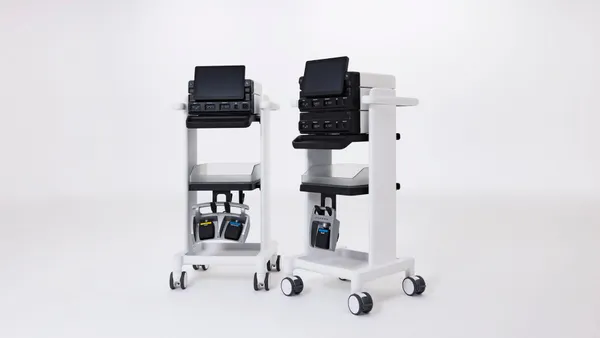Dive Brief:
- The Food and Drug Administration published final guidance on the remanufacturing of medical devices on Thursday.
- Acting on feedback from groups including Advamed, the FDA has changed the title of the text and added a section on the regulatory requirements for remanufacturers.
- The new section, which applies to original equipment manufacturers and service providers, is intended to help entities that are less familiar with the medical device regulatory requirements.
Dive Insight:
The FDA published draft guidance in 2021 to clarify the distinction between device remanufacturing and servicing. Many reusable medical devices are serviced. Previously, it was unclear when servicing became so extensive that it qualified as remanufacturing.
The draft defined remanufacturing as an act done to a finished device that significantly changes the performance, safety or intended use, including renovating, repackaging or restoring products.
After assessing feedback on the draft, the FDA has retained its definition of remanufacturing but altered other parts of the document. The new title clarifies the text applies to “entities that perform servicing or remanufacturing,” and that shift in emphasis is reflected in a new section in the body of the guidance.
The new section is titled “regulatory requirements and considerations for remanufacturers” and provides an overview of the FDA’s medical device rules. Covering topics such as market authorization and product safety requirements, the section provides information that may be familiar for manufacturers but less widely known among companies that service medical devices.
Advamed was among the respondents to ask the FDA to consider the needs of third-party servicers in its 2021 written comments to the draft guidance. The trade group, which also asked the FDA to change the title of the document, suggested the agency should “work to simplify the guidance so that individuals who are not educated in regulatory requirements and terminology will understand their responsibilities.”
The FDA updated parts of the draft text, for example to explain that modifying the design of a printed circuit board or temporarily breaking a seal to replace a component may significantly change safety and performance specifications.
Jeff Shuren, director of the FDA’s Center for Devices and Radiological Health, discussed how clarifying what qualifies as servicing and remanufacturing could help organizations that want to maintain devices.
“This guidance provides important clarity on defining remanufacturing and helps to remove perceived barriers to obtaining repair or maintenance of a device if it does not alter the safety, performance or intended use,” Shuren said in a statement.
The publication of the final guidance comes two years after Congress debated whether to define medical device remanufacturing in the FDA’s user fee bill. Months later, Congress extended the FDA’s authority to collect user fees through 2027 in legislation that made no mention of remanufacturing.












